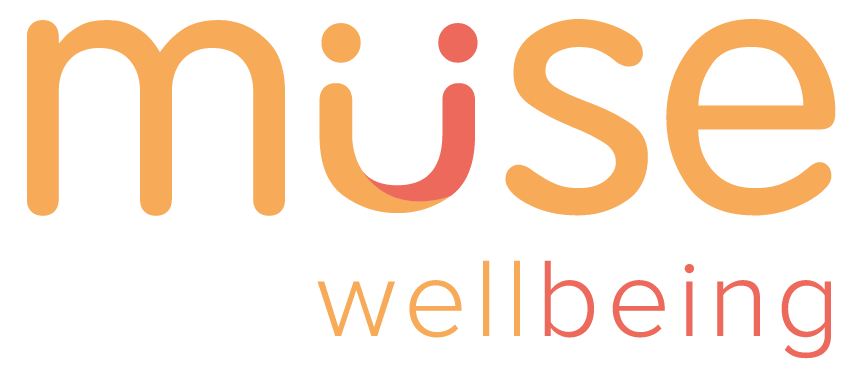Teaching and Supporting Diversity in Primary Schools

Paul trained in the US and now teaches KS2 in London primary schools. Dedicated to engaging lessons, he brings creativity to the classroom.

David is the Muse Wellbeing director and lead curriculum developer. His Main passions include education, surfing and travelling.
Teaching and Supporting Diversity in Primary Schools
The UK (as well as many other countries) is a widely diverse and mixed society of people, beliefs and cultures. As such, promoting diversity and inclusion in schools has become more crucial than ever before. Today, we will explore some of the key things you need to know about teaching diversity through the PSHE curriculum.
Why is Teaching PSHE Diversity in Primary Schools (KS1 and KS2) Important?
Teaching diversity in primary schools is essential for fostering inclusion, respect and understanding from a young age. This approach helps students appreciate differences in their local communities, the UK and beyond.
Understand Individual Differences
Younger children, by nature, are often self-focused as they are still in the process of developing the skills necessary to appreciate and understand differences among individuals. Without these critical skills, differences can sometimes lead to bullying or divisions within the classroom and our schools.
The diversity component of PSHE (Personal, Social, Health, and Economic) education aims to celebrate these differences, highlighting how they enrich our society. It encourages students to recognize and value their own uniqueness and to appreciate the unique qualities of others. By promoting diversity, PSHE helps to foster a more inclusive and respectful school environment, preparing students to be empathetic and open-minded citizens in the modern world.
Dispel Early Prejudice
Research shows that children as young as three can develop unconscious racial and gender biases. It’s crucial to address these early prejudices to prevent them from becoming ingrained. Tackling diversity and inclusion topics in the classroom is essential for fostering compassionate views towards others. For schools and teachers, having access to a well developed PSHE and RSE curriculum, such as Muse Wellbeing, can offer support in teaching resources and further guidance for this topic of teaching.
Failing to promote these values can have lasting consequences, impacting both the individual and their peers. It can hinder a child’s social and academic development by clouding their perception with incorrect prejudices. Encouraging inclusive attitudes early on helps children appreciate the value and skills of their peers, paving the way for a more harmonious and supportive learning environment.
Challenge Stereotypes
Inclusivity is a vital aspect of PSHE and RSHE education, achievable only by celebrating our differences. KS1 and KS2 learners should be taught to embrace inclusivity and appreciate the unique traits that define us all. This approach helps build a stronger, friendlier, and more caring school community.
For students within marginalized groups, fostering inclusivity is essential to ensure they grow up confident and proud of who they are. Encouraging these values in the classroom supports the development of a supportive and respectful environment for all students.
Encourage Inclusivity
Inclusivity is a vital aspect of PSHE and RSHE education, achievable only by celebrating our differences. KS1 and KS2 learners should be taught to embrace inclusivity and appreciate the unique traits that define us all. This approach helps build a stronger, friendlier, and more caring school community.
For students within marginalized groups, fostering inclusivity is essential to ensure they grow up confident and proud of who they are. Encouraging these values in the classroom supports the development of a supportive and respectful environment for all students.
How to Introduce Diversity in Primary Schools
It’s essential to approach exploring diversity and inclusion thoughtfully with our students, creating a safe space that fosters compassion and understanding. Starting with creative, light-hearted activities can make the lessons engaging and promote openness among students.
Muse Wellbeing offers a wealth of resources to make teaching diversity and inclusivity more manageable. Our lesson packs and resources are designed to help you maximize your teaching time without spending hours on lesson planning.
If you or your school need ideas or inspiration, or if you’re looking for free resources for your PSHE diversity lessons for KS1 and KS2, please get in touch with us. We’re here to provide the knowledge and support you need to tailor your lessons effectively. Contact the Muse team to receive a FREE copy of our professionally developed PSHE curriculum, created by teachers, for teachers.
Muse Wellbeing
Support
Subscribe for RSHE & Wellbeing Updates & Learning Resources

Copyright © 2025 Muse | All Rights Reserved.
Would you like to logout of Muse Wellbeing?


